Global warming and climate change have emerged as critical challenges threatening the sustainability of our planet. As the world grapples with finding effective solutions, carbon finance has emerged as a transformative force in the fight against global warming. By leveraging market mechanisms and financial incentives, carbon finance presents a promising approach to mitigate greenhouse gas emissions and foster a transition towards a low-carbon economy; and possibly the first concrete steps towards internalizing the environmental cost of business decision-making. In this article, we will explore the concept of carbon finance, its key components, and the potential it holds in addressing the urgent issue of global warming.
Understanding Carbon Finance
Carbon finance encompasses various financial mechanisms and instruments designed to promote technologies and processes to reduce greenhouse gas emissions and promote sustainable practices. At its core, carbon finance operates on the principle of assigning economic value to carbon emissions and creating incentives for emission reduction initiatives. It acts as a catalyst for driving emissions reduction by providing economic incentives.
It aims to establish a market-based system where greenhouse gas emissions reductions are treated as a commodity that can be bought, sold, and traded to combat climate change and create a net-zero future. By establishing a price on carbon, it encourages businesses and individuals to adopt cleaner technologies, invest in renewable energy, and adopt sustainable practices. This mechanism fosters a transition from high-emitting activities to low-carbon alternatives, promoting a sustainable future.
Benefits of Carbon Finance
Carbon finance incentivizes the reduction of greenhouse gas emissions by assigning a financial value to carbon. By internalizing the environmental and social costs associated with GHG emissions, carbon finance fosters accountability and encourages responsible behaviour. This pricing mechanism provides a clear economic signal that incentivizes the reduction of emissions and the adoption of cleaner technologies.
The market for emission reductions created by carbon finance spurs innovation and technological advancements. With the financial incentives provided by carbon credits, businesses are motivated to develop and implement cleaner and more efficient technologies. This drive for innovation leads to breakthroughs in renewable energy, energy efficiency, carbon capture and storage, and other emission reduction solutions. The market mechanism facilitates the diffusion of these technologies, accelerating the transition to a low-carbon economy.
Carbon finance also plays a crucial role in fostering corporate social responsibility (CSR). As organisations are held accountable for their emissions through the pricing mechanism, they are compelled to take proactive measures to reduce their carbon footprint. By investing in emission reduction projects and participating in the carbon credit market, businesses demonstrate their commitment to sustainability, enhancing their reputation and strengthening stakeholder relationships.
The creation of a market for emission reductions transcends borders, fostering global collaboration in the fight against climate change. Carbon finance provides a common language and framework for countries, organisations, and industries to collaborate on emission reduction efforts. This collaboration enables the sharing of best practices, knowledge transfer, and joint investments, facilitating a collective and coordinated global response to the climate crisis.
Carbon finance also presents economic opportunities. The development and implementation of renewable energy projects, sustainable infrastructure, and energy-efficient technologies create new jobs, drive innovation, and stimulate economic growth. By aligning economic and environmental objectives, carbon finance enables a transition to a low-carbon and resilient economy.
Leveraging Carbon Finance for Climate Transition in Developing Countries
Emerging and developing economies not only contribute significantly to global greenhouse gas emissions but also face the greatest vulnerability to climate hazards. However, constrained capital hinders their ability to finance climate initiatives. Carbon finance presents a unique opportunity to support climate transition in these nations.
Carbon finance mechanisms provide crucial financial resources to developing countries for climate-related projects. These nations can access funding that would otherwise be scarce, enabling them to invest in renewable energy, sustainable infrastructure, and climate adaptation measures. By channelling funds towards sustainable projects, carbon finance promotes economic growth, job creation, and technological innovation. Furthermore, investments in climate adaptation measures bolster resilience to climate-related risks, protecting communities and ecosystems while fostering sustainable development.
Carbon finance mechanisms facilitate technology transfer and knowledge sharing between developed and developing countries. Developed nations often possess advanced technologies and expertise in emissions reduction and sustainable practices. Through carbon finance, these technologies and knowledge can be shared with developing countries, enabling them to leapfrog traditional development pathways and adopt cleaner and more sustainable solutions. This exchange of expertise accelerates climate action implementation and fosters global collaboration in addressing climate change.
Carbon finance mechanisms create opportunities for developing countries to access international carbon markets. By implementing emission reduction projects, these nations can trade these credits with developed countries or companies seeking to offset their emissions. This not only provides a source of revenue for developing countries but also enhances their visibility and recognition on a global scale, attracting further investment and partnerships.
Developing countries are particularly vulnerable to the impacts of climate change, including extreme weather events, sea-level rise, and food insecurity. Carbon finance can help these nations build climate resilience by supporting climate adaptation projects. This includes initiatives such as climate-proof infrastructure, early warning systems, sustainable agriculture practices, and community-based adaptation measures.
Challenges and Future Perspectives
While carbon finance represents a transformative force against global warming, offering a market-driven approach to reduce greenhouse gas emissions., it also faces several challenges. Lack of global consensus on carbon pricing mechanisms, the complexity of establishing robust monitoring systems, and ensuring the integrity of carbon offset projects are some of the hurdles that need to be addressed.
To unleash the full potential of carbon finance, collaboration among governments, businesses, and financial institutions is essential. Governments must create supportive policy frameworks and establish clear regulatory mechanisms. Businesses need to integrate carbon finance strategies into their operations, setting emission reduction targets and embracing sustainable practices. Financial institutions should provide innovative financial products and services to support carbon finance initiatives.










